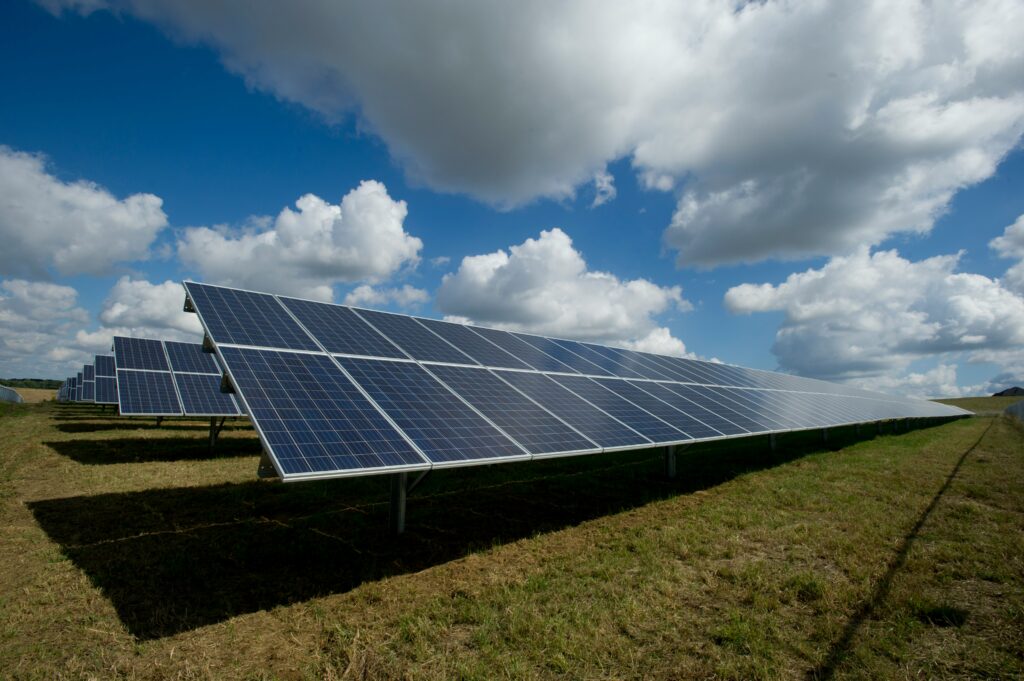
Solar Panel Exports
As tensions rise between the United States and China over trade, Indonesia may find itself caught in the crossfire, particularly in the booming industry of solar panel exports. While Chinese investment in solar manufacturing facilities across Indonesia promises jobs and capital, many here are beginning to question whether the long-term risks outweigh the short-term gains.
In recent months, Chinese-owned solar factories have sprung up in industrial zones like Batam. These facilities are exporting massive volumes of solar panels to the U.S., helping Chinese companies avoid direct U.S. tariffs. However, it is becoming increasingly clear that these exports are not fully Indonesian in nature. Many of the components come from China, the management remains Chinese, and the products are sold under Indonesian labels mainly to sidestep trade restrictions.
This growing loophole has not gone unnoticed in Washington. The U.S. recently launched investigations into solar panel imports from Indonesia, Laos, and India, suspecting that Chinese firms are using these countries to bypass tariffs. American solar manufacturers have formally petitioned for new duties on these exports, claiming unfair competition.
As of August 2025, Indonesian solar panel exports to the U.S. remain tariff-free, but pressure is mounting. If the U.S. Commerce Department confirms that Chinese companies are using Indonesia to circumvent tariffs, that exemption could disappear quickly. This would not only affect the Chinese firms operating locally—it could also harm genuinely Indonesian manufacturers and damage our credibility as a fair trading partner.
The US and Indonesia recently finalized a trade deal. Under the agreement, the U.S. set a 19% tariff on Indonesian exports, down from a threatened 32%. In return, Indonesia will cut tariffs on over 99% of U.S. goods. Still, many worry that Chinese-run factories in Indonesia could attract U.S. scrutiny. If those exports violate rules of origin, they could face extra enforcement.
A Question of Sovereignty and Strategy
While the government welcomes foreign direct investment, there is a growing sense that Indonesia is being used as a pawn in a much larger economic conflict. Many of the factories are essentially extensions of Chinese supply chains. They employ Chinese engineers, import most of their equipment and materials from China, and return profits offshore. Local hiring is often limited to low-wage roles, and knowledge transfer is minimal.
The fear is that Indonesia is becoming a platform for Chinese trade strategies rooted in dumping and currency manipulation, the same unfair practices that triggered the U.S. tariffs in the first place. By participating, even indirectly, Indonesia risks being seen as complicit.
Solar Panel Exports Could Backfire
For a time, it seemed like a win-win. Indonesia gained jobs and investment, and Chinese firms got tariff-free access to the U.S. But now, with Washington intensifying its focus on Chinese trade circumvention, this fragile setup could unravel. If U.S. tariffs hit Indonesian exports, our legitimate businesses will pay the price for Chinese shortcuts.
Indonesia must decide if this model of growth built on foreign control and opaque ownership is worth the risk. Because once the penalties arrive, it won’t be China that suffers first. It will be us.




